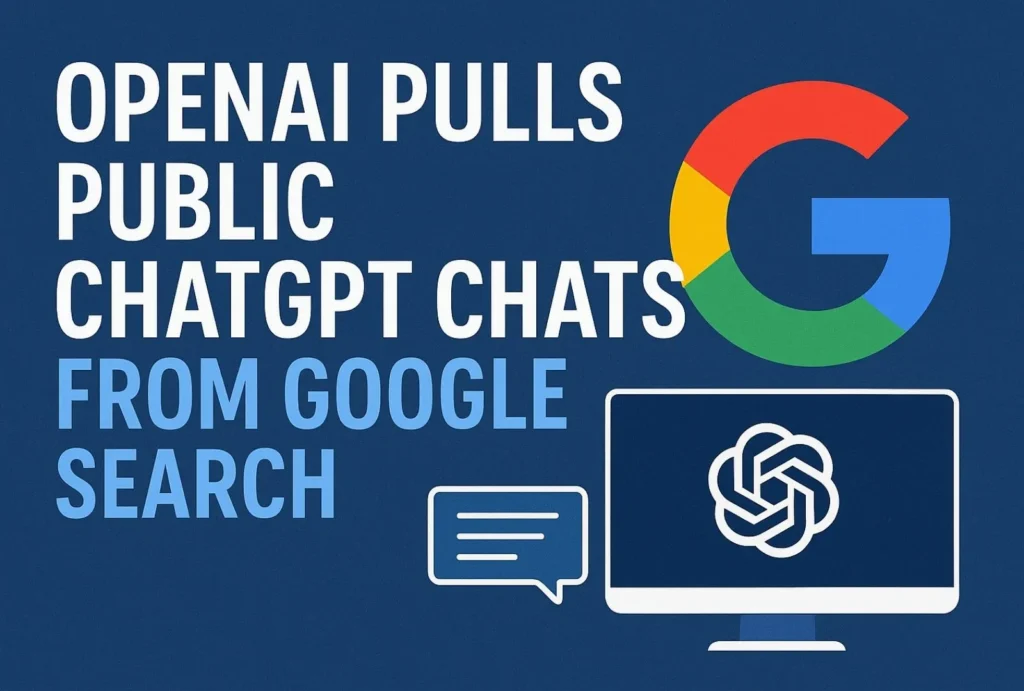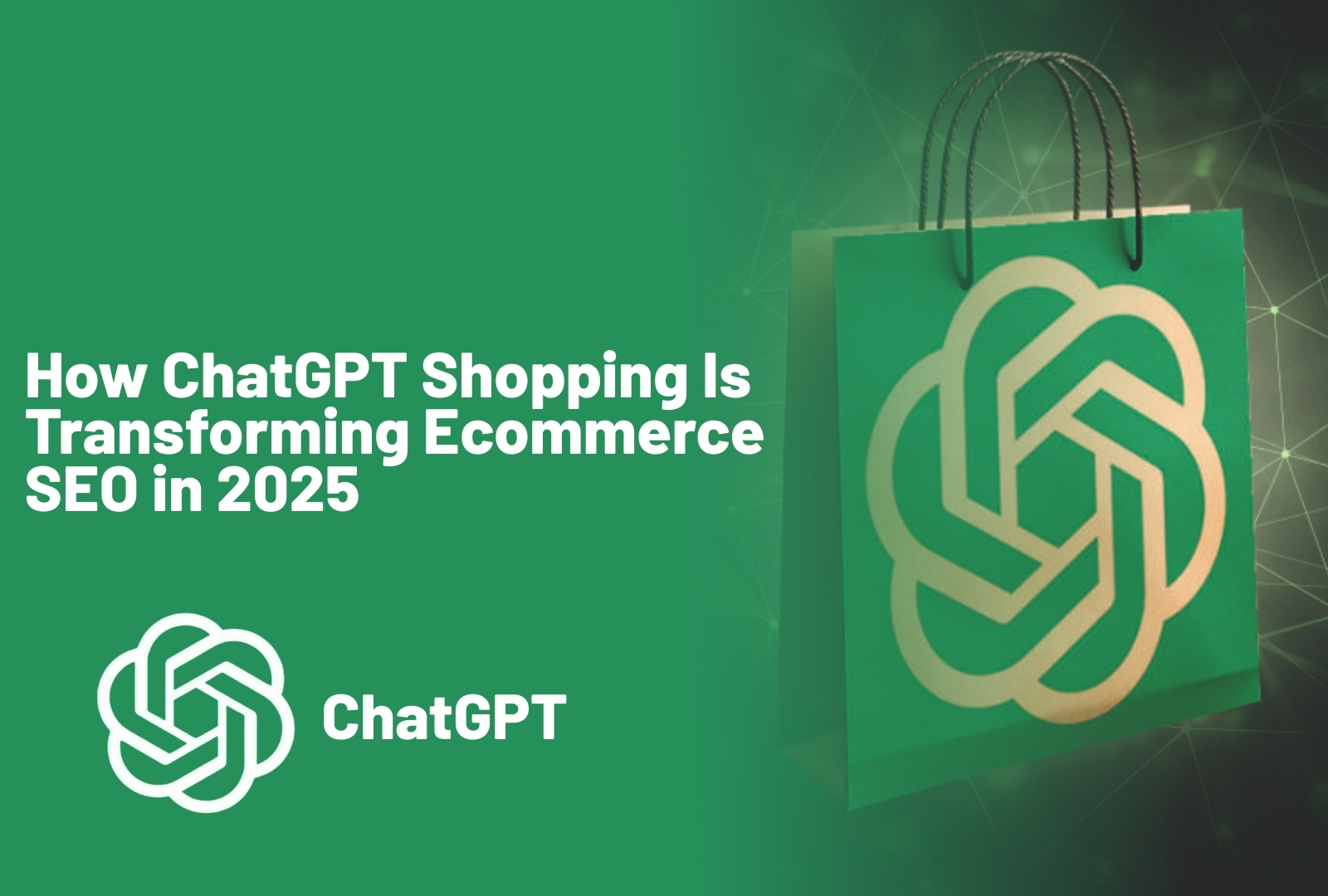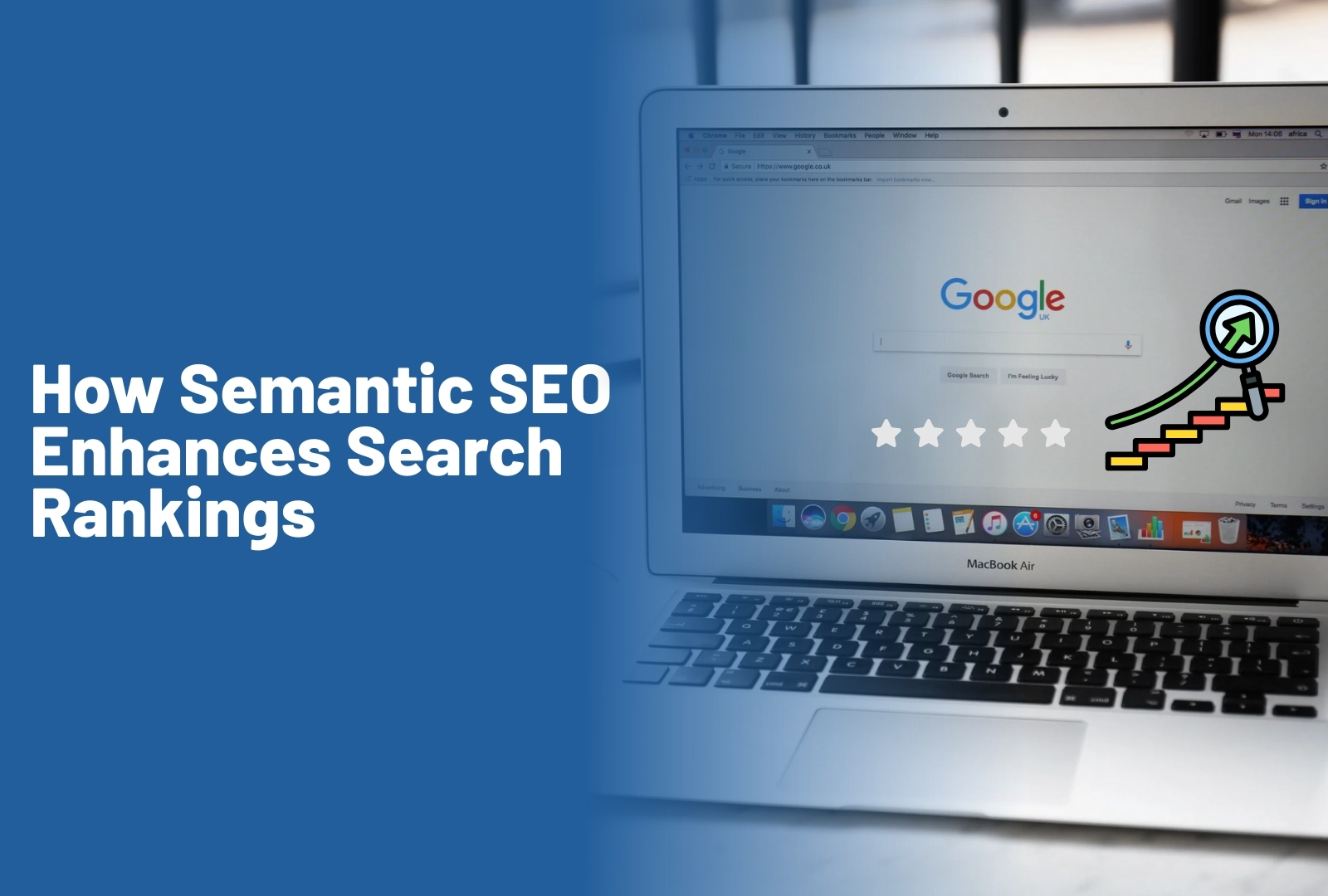Why This Matters—Privacy, SEO, and AI Trust
In an era where AI increasingly mediates our communication and content creation, user trust hinges on clear, respectful handling of personal data. Recent developments from OpenAI have thrust this issue into the spotlight: a “short-lived experiment” allowed shared ChatGPT conversations to be discoverable in Google Search, inadvertently exposing sensitive user content. The affair not only sparked serious privacy debates but also offers potent SEO lessons. Understanding what happened, why it matters, and how to act—without ever having to leave the search results—is essential for users, digital professionals, and privacy-conscious audiences alike.
What Happened? How Chats Ended Up in Google Search
When users clicked “Share” in ChatGPT, they saw a checkbox labeled “Make this chat discoverable”, which, if checked, allowed search engines like Google to index the conversation. Though the design required an explicit opt-in, the checkbox was understated—thus many users unwittingly enabled public discoverability.
Fast Company discovered that more than 4,500 conversations were indexed, some containing deeply personal content—PTSD, emotional confessions, resumes, sensitive work details—even though no direct names were included.
Responding swiftly, OpenAI removed the feature by August 1, 2025. OpenAI’s CISO, Dane Stuckey, described it as a brief experiment, noting the privacy risks and beginning de-indexing measures.
Why it Matters—Understanding the Privacy and SEO Implications
Privacy: Unintended Exposure of Sensitive Content
Even without attached user names, the context in chats—like location or job history—can be identifying. Sensitive details about life, health, or work became searchable overnight. Privacy experts warned this could facilitate doxxing, reputational damage, or emotional distress.
SEO: Lessons from the Algorithm’s Lens
Ironically, these exposed chats became a raw, authentic source of user search intent—phrased as people naturally ask, vent, or explore. This revealed conversational keywords unmatched by typical keyword tools and can be used strategically for content creation without compromising privacy.
But it also underscores a caution: even seemingly private content may surface publicly. Visibility tools must prioritize clarity, not obscure nuanced implications.
How to Protect Yourself—and Your Organization—Right Now
For Individuals
If you’ve ever shared ChatGPT conversations:
- Navigate to ChatGPT → Settings → Data Controls → Shared Links, then remove any shared links you’ve created. Deleting saved chats in your history doesn’t remove the public link.
- Use Google’s “Remove Outdated Content” tool to accelerate de-indexing of cached pages.
- Assume AI conversations are not inherently private—avoid using real names or sensitive content in them going forward.
For Businesses and Content Teams
- Audit: Run a site:chatgpt.com/share search to find any branded or internal content unknowingly indexed.
- Remove: Delete shared links and use de-indexing tools promptly.
- Train: Educate staff on the risks of sharing AI outputs publicly and update data handling policies.
- Leverage safely: Use publicly available shared chats (non-identifiable) as an SEO gold mine—insights into phrasing and user intent can enhance FAQ content and blog topics, as long as privacy is preserved.
What’s Next? Trust, Transparency, and Platform Responsibility
This incident is a powerful indicator of the digital age’s conflicting forces—innovation vs informed consent.
- OpenAI’s response was commendable: rapid rollback, public acknowledgment, and removal coordination with search providers.
- Trust in AI will depend on transparency. As Oxford ethicist Carissa Véliz noted, “Tech companies use the general population as guinea pigs”—a troubling norm that damages public trust.
- Platforms must ensure UI clarity. A simple checkbox is not always sufficient deterrent—features should be designed to minimize accidental exposure.
Final Thoughts
OpenAI’s experiment may have ended abruptly, but its lessons reverberate. Zero-click content requires clarity—both in design and in communication. As both consumers and creators of AI-driven content, vigilance, transparency, and privacy-first thinking are our best guides.
FAQ’s
Can my ChatGPT chats still appear in Google Search?
Only if you previously shared a chat with the “Make this chat discoverable” option checked. If you removed it or never shared, they are not public.
How do I remove my shared ChatGPT chat from search results?
Delete the shared link via ChatGPT settings → Shared Links, then use Google’s Remove Outdated Content tool to request de-indexing of cached results.
If I delete a chat from my ChatGPT history, will its shared link be removed too?
No. Deleting from history doesn’t remove shared links. Shared links can only be removed through the Shared Links dashboard.
Are shared ChatGPT chats useful for SEO?
Yes—publicly available shared chats (non-identifiable) reveal authentic search intent phrasing that can guide better content strategy, FAQs, and keyword targeting.






